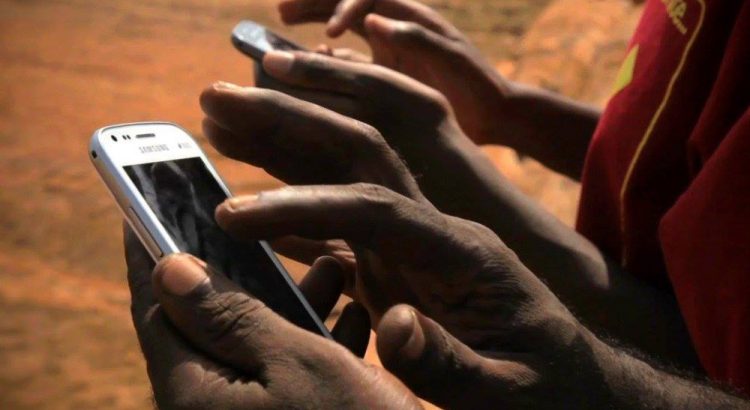Research is shedding light on the problems inherent with adopting technology for accountability initiatives, and providing recommendations for future projects.
In an article published by the South African Institute of International Affairs (SAIIA), Indra de Lanerolle, argues that “it seems that civil society organisations (CSOs) and governments often ‘re-invent the flat tyre’: experimenting with new tools without finding out what has been tried (often unsuccessfully) before. They also do not follow best practices in how to soure, develop and test technologies to ensure that these are ‘fit for purpose’. Decision makers should focus on building an effective innovation ecosystem with better links between technologists and accountability actors in both government and civil society to enable learning from success – and mistakes”.
Recommendations include:
- Those with responsibilities in creating the innovation ecosystem, including funders, should focus on building a supportive innovation ecosystem.
- Funders should shift their focus from supporting short-term pilots to building institutions capable of success over time, and invest in strengthening links between initiatives and disseminating learning resources across the continent.
- Those who are leading and managing innovation initiatives – in government and CSOs – should focus on getting better and smarter at managing the innovation cycle.
- Research suggests the following ‘rules of thumb’ will lead to better outcomes: acknowledge what you do not know, think twice before building a new tool, get a second opinion, test technologies in the field, plan for failure, budget to iterate, and share what you learn.
To find out more and read the full article: Why isn’t tech for accountability working in Africa?
